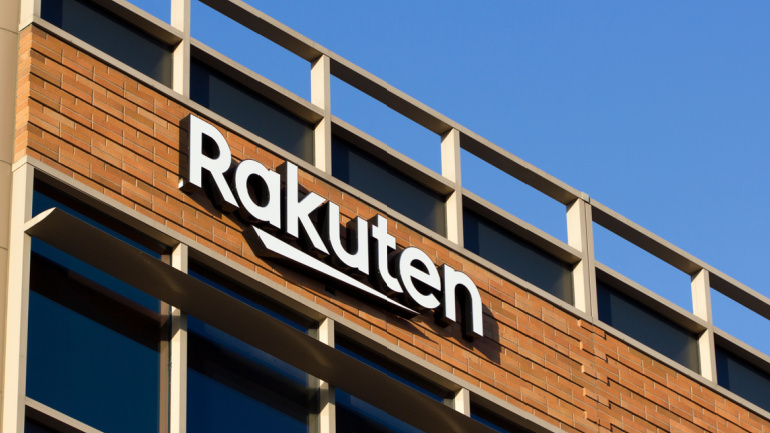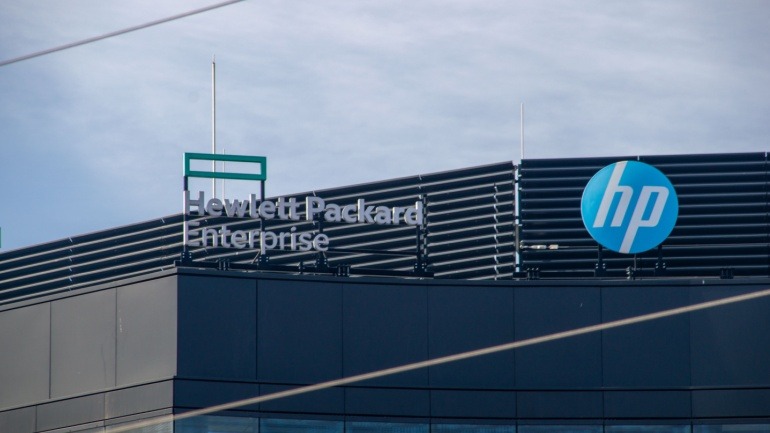The Open RAN sector has experienced an unexpected loss as Tareq Amin, the CEO of Rakuten Symphony, unanticipatedly departed from the company. Amin also vacated his co-CEO position at Rakuten Mobile. According to Light Reading, Amin’s departure was due to personal family reasons. However, the company’s official press statement lacked any acknowledgement or well-wishes, leaving the event cloaked in silence.
This surprising event was presented as a management change, with Rakuten Group Chairman and CEO Mickey Mikitani assuming the role of Rakuten Symphony’s chairman and CEO as well. Sharad Sriwastawa, currently CTO of Rakuten Mobile and the now representative director and acting president of Symphony, will be aiding him.
Notwithstanding the reason behind the abrupt shift in Symphony’s leadership, it does not alleviate the impression that 2023 has been a comparatively low-key year for Symphony. Since its spectacular debut in January 2022, following its break-off from its parent company, Symphony’s momentum has plateaued.
The impact Symphony made, particularly after securing a historic deal to provide Germany’s greenfield mobile operator 1&1 with Open RAN-oriented network solutions, was significant. However, the implementation of the initiative is behind schedule, with 1&1 blaming Vantage Towers, Vodafone‘s infrastructure unit. Despite Symphony expanding its European influence with new offices and a UK-based Open RAN ‘hub’, they have yet to secure another considerable agreement, like their previous one with 1&1.
However, the recently signed MoU with Veon provides Symphony with a glimmer of hope. The two companies are considering the possibility of using Open RAN solutions to reconstruct Veon’s Ukrainian unit Kyivstar’s network, which was significantly damaged due to Russia’s invasion. Additionally, the MoU involves other Veon markets. Although potentially promising, it’s essential to remember that investigating the application of Symphony’s Open VoIP RAN offerings is not equivalent to finalising a deal.
The situation is further complicated by macroeconomic uncertainty, inflation, and a slowing RAN market. Traditional heavyweights such as Ericsson and Nokia have reported decreased earnings due to lower operator capex in North America and other regions. Research firm Dell’Oro predicts a 1% step-down in RAN revenues over the next five years and has adjusted its Open RAN market share forecast downwards for the first time last month.
In sum, Rakuten might have found it necessary to induce some movement amidst a challenging environment and hard-to-come-by major RAN deals. The task currently lies on Sriwastawa to invigorate Symphony with new momentum.
Mikitani commented, “With his proven track record at Rakuten Mobile, deep understanding of global technology trends and the evolving commercial opportunities for companies in the telco sphere, we are pleased to expand Sharad [Sriwastawa]’s role as a visionary leader who will guide the company’s expansion, capitalise on our business momentum, and solidify its future as an industry-disrupting enterprise.” The wait is on to see if this change in leadership will indeed translate into the much-needed momentum for Symphony.







